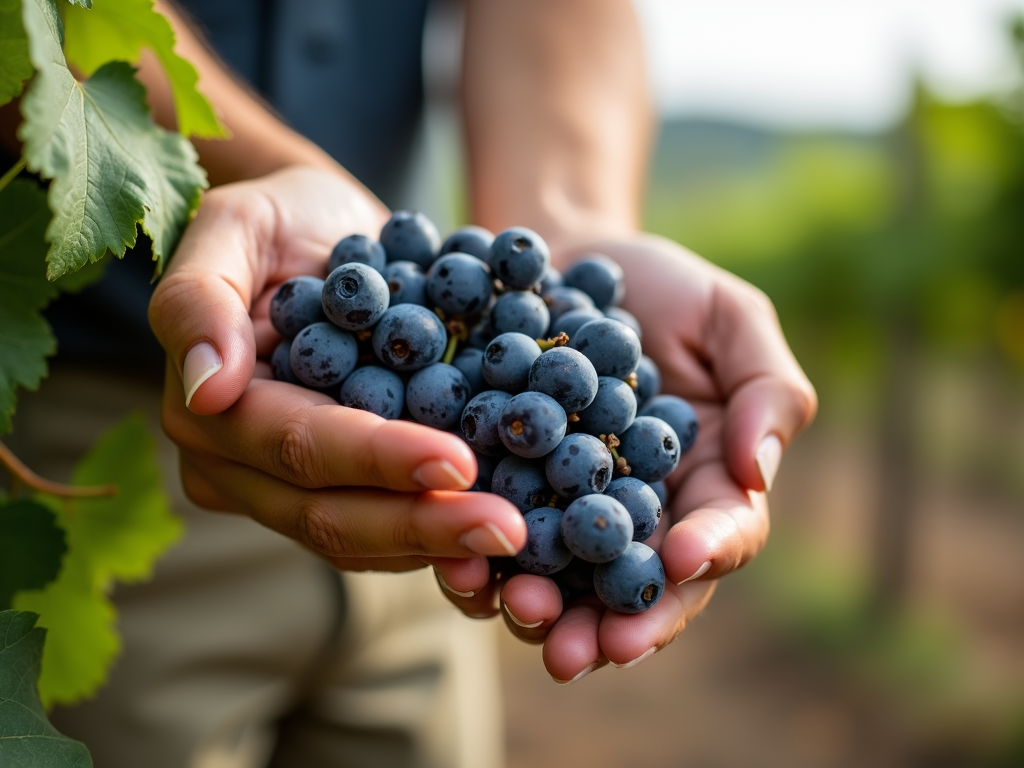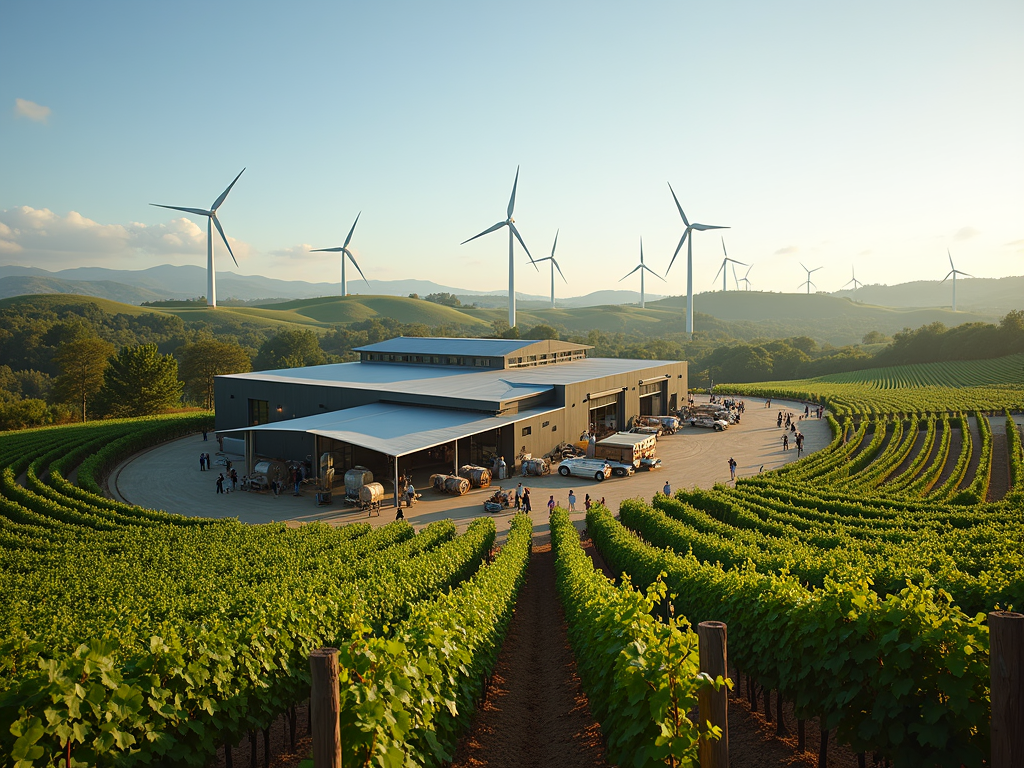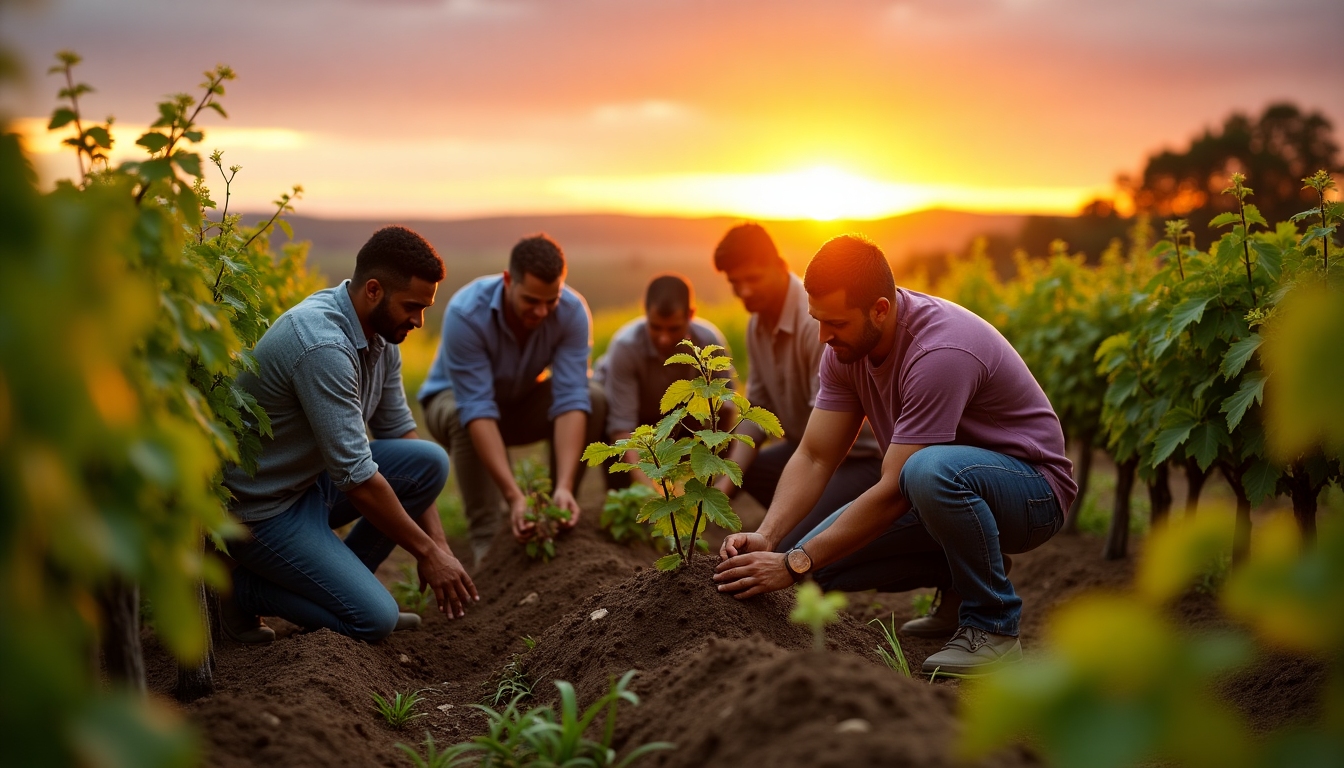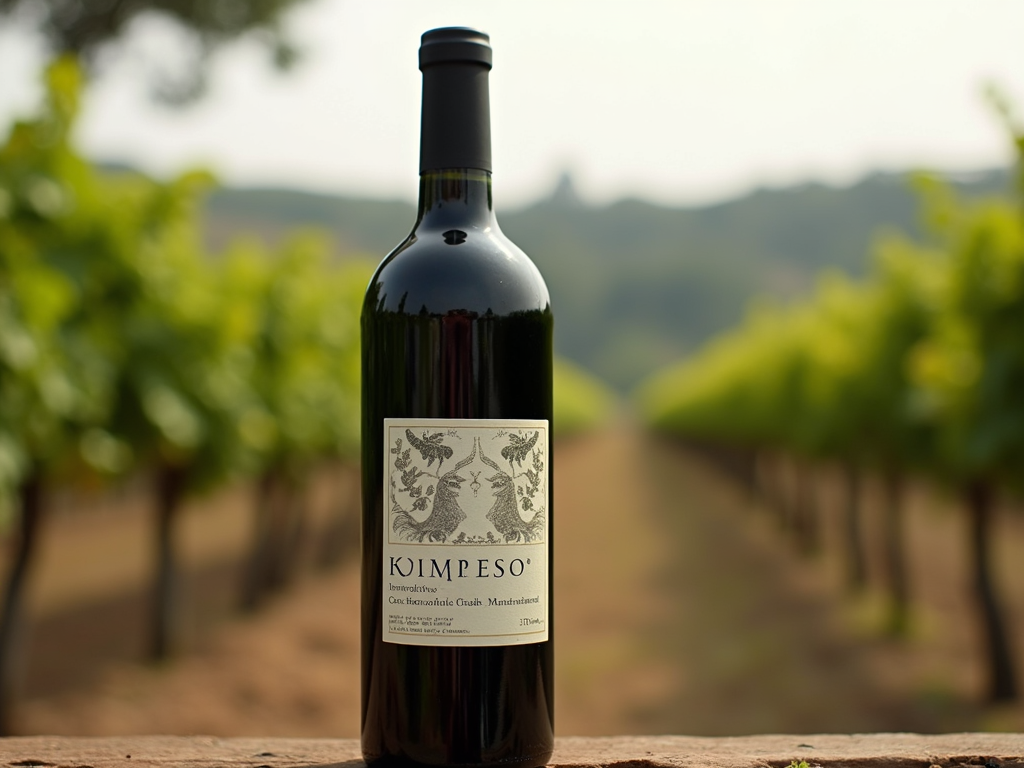Jackson Family Wines: Pioneering Sustainable Winemaking
Jackson Family Wines is at the forefront of sustainable winemaking, integrating eco-friendly practices into every aspect of their operations. From organic vineyards to renewable energy, their commitment to the environment is as strong as their dedication to producing exceptional wines.
Jackson Family Wines has long been a leader in the wine industry, but their commitment to sustainability sets them apart. As a family-owned company with deep roots in Sonoma County, they understand the importance of preserving the land for future generations. This understanding has driven them to adopt a range of eco-friendly practices that not only benefit the environment but also enhance the quality of their wines.
One of the key pillars of their sustainability efforts is organic and biodynamic farming. Many of their vineyards are certified organic, meaning they avoid synthetic pesticides and fertilizers in favor of natural alternatives. This approach not only reduces their environmental impact but also promotes healthier soil and vines, leading to better grapes and, ultimately, better wine.
For example, at their La Crema winery in Sonoma, they have implemented a comprehensive organic farming program. This includes using compost teas and natural predators to control pests, as well as planting cover crops to prevent soil erosion and improve soil fertility. These practices have not only improved the health of the vineyard but also resulted in wines with more vibrant flavors and aromas.
But Jackson Family Wines doesn't stop at organic farming. They also embrace biodynamic principles, which view the vineyard as a self-sustaining ecosystem. This holistic approach includes practices like planting cover crops to improve soil health, using compost made from grape pomace, and even timing vineyard activities according to lunar cycles. While some may view biodynamics as unconventional, Jackson Family Wines has seen tangible benefits in terms of vineyard health and wine quality.
At their Cambria winery in Santa Barbara, they have fully embraced biodynamic farming. This includes using preparations made from herbs, minerals, and manure to enhance soil fertility and plant health. They also maintain a herd of sheep that graze in the vineyard, naturally controlling weeds and adding organic matter to the soil. These efforts have not only improved the sustainability of the vineyard but also produced wines with a unique sense of place and character.

Water conservation is another critical aspect of their sustainability strategy. In a region like California, where water scarcity is a growing concern, efficient water use is essential. Jackson Family Wines employs drip irrigation systems that deliver water directly to the roots of the vines, minimizing waste. They also harvest rainwater and recycle water from their winemaking processes, further reducing their reliance on external water sources.
For instance, at their Kendall-Jackson winery in Sonoma, they have installed a state-of-the-art water recycling system. This system captures and treats water used in the winemaking process, allowing it to be reused for irrigation. This not only conserves water but also reduces the winery's overall water footprint.

Energy use is another area where Jackson Family Wines excels in sustainability. Many of their wineries are powered by renewable energy sources, including solar panels and wind turbines. This not only reduces their carbon footprint but also helps them achieve energy independence. In fact, some of their facilities produce more energy than they consume, allowing them to contribute clean energy back to the grid.
At their Stonestreet winery in Alexander Valley, they have installed a large solar array that provides the majority of the winery's energy needs. This has not only reduced their reliance on fossil fuels but also served as a model for other wineries in the region.

Biodiversity conservation is a cornerstone of Jackson Family Wines' approach to sustainability. They recognize that a healthy ecosystem is essential for a thriving vineyard. To that end, they have implemented various initiatives to protect and enhance biodiversity on their properties. This includes restoring native habitats, creating wildlife corridors, and planting hedgerows to provide shelter for beneficial insects and birds. These efforts not only support local wildlife but also help naturally control pests and diseases in the vineyard.
For example, at their Cardinale winery in Napa Valley, they have partnered with local conservation organizations to restore oak woodlands and riparian habitats on their property. This has not only improved the biodiversity of the area but also created a more resilient ecosystem that can better withstand the impacts of climate change.

Sustainability extends beyond the vineyard and into the winery itself. Jackson Family Wines is committed to reducing waste and using eco-friendly packaging. They have transitioned to lighter-weight glass bottles, which require less energy to produce and transport. They also use recycled materials for their labels and packaging, and they have implemented comprehensive recycling programs at their facilities.
At their Murphy-Goode winery in Sonoma, they have taken this a step further by using 100% recycled glass for their bottles. This not only reduces waste but also supports the local recycling industry.

But perhaps the most impressive aspect of Jackson Family Wines' sustainability efforts is their commitment to continuous improvement. They regularly assess their practices and seek out new ways to reduce their environmental impact. This forward-thinking approach has earned them numerous accolades, including being named "Green Company of the Year" by the Drinks Business in 2016.
Despite their focus on sustainability, Jackson Family Wines never compromises on quality. Their wines consistently receive high praise from critics and consumers alike, proving that eco-friendly practices and exceptional wine can go hand in hand. In fact, many of their sustainably produced wines have won prestigious awards, further cementing their reputation as a leader in both sustainability and quality.
Jackson Family Wines is a shining example of how sustainability and quality can coexist in winemaking. Through their commitment to organic farming, water conservation, renewable energy, biodiversity, and waste reduction, they are not only protecting the environment but also producing some of the finest wines in the world. Their innovative practices serve as a model for the industry, proving that eco-winemaking is not just a trend but a necessary evolution for the future of wine.